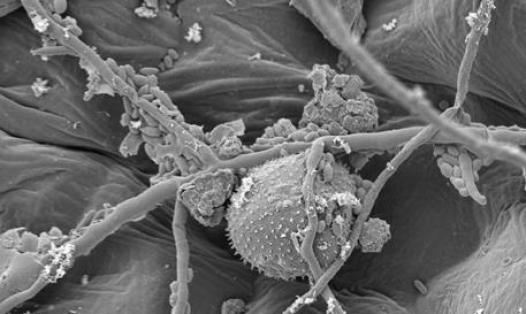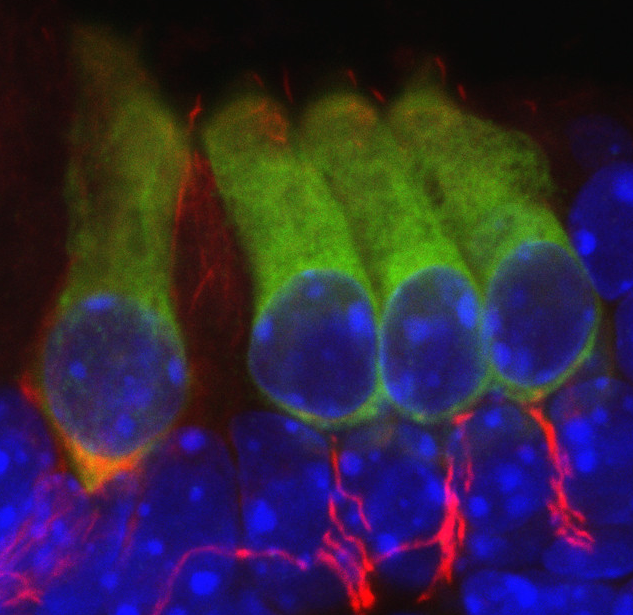


The sense of hearing is essential for many aspects of human and animal life including communication, location of predators or prey, as well as general orientation in the environment. In children, hearing is critical for development of speech and cognitive skills, while hearing loss affects employment possibilities and performance, and has recently been recognized as risk factor for dementia. In the ear, specialised cells called hair cells are responsible for sound perception and essential for normal hearing. Hair cells can easily be damaged by drugs, excessive noise or due to genetic mutations and normal ageing. While lower vertebrates like frogs and fish can regenerate hair cells, mammals including humans cannot, leading to permanent hearing defects with serious impact on normal life. This project explores genetic and epigenetic events during hair cell formation with the long-term goal to identify new drug targets to promote their regeneration.